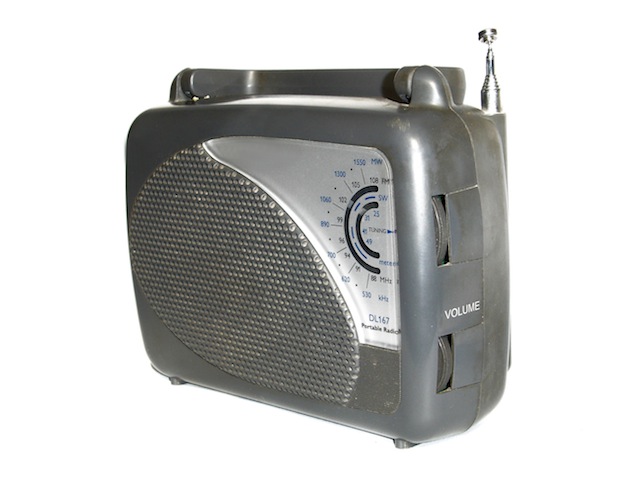I used to be a cranky radio listener.
One morning in early 1998 I was listening to my local ABC station, then 2BL, when stand in breakfast host Bob Hughes was interviewing a “Y2K expert” who had the standard spiel designed to scare people into buying expensive consulting services.
Irritated by the expert’s shoddy advice, I dashed off a quick “with respect” fax to the radio station – the ABC didn’t have publicly facing email addresses at that time – and expected it would be ignored.
A few weeks later Bob Hughes invited me on his regular Sunday spot to talk about Y2K and computers in general. He didn’t mention we’d spend most of the time taking listeners’ calls.
After a few minutes of ‘umming’ and ‘aaahing’ with lots of bluffing, Bob finished with “we’ll see you next month Paul.”
So it began.
Over time the segments moved from 702 Weekend on Sunday mornings to regional spots and the national Tony Delroy nightlife segment
Looking at the sadly neglected PC Rescue website, the programs have ranged from the mundane to the mad, bad and ugly.
At the ugly side, the Windows virus epidemic of the early 2000s looms large. At one stage almost every caller had a virus problem, the only ones that were didn’t were Mac users calling in to crow about their not having this problem.
We enjoyed the various platform wars as Microsoft consolidated its strength and then saw it ebb away as first Firefox started chipping away at its browser dominance, Google at its Internet strategy and then Apple came roaring back into relevance.
The radio shows track the rise of the web as we started talking about the various online services that were changing computing.
One of the critical things, which still hasn’t changed, was billing problems.
Through the early 2000s Australian telcos had shocking charges for data and mobile services. Calls from listeners distressed at big bills was common and the TIOs contact details would be among our most frequent answer.
It was Telstra’s decision to stop stunting Australian internet growth and offer reasonably priced plans, albeit with criminally tiny data allowances, that kick started consumer adoption of broadband plans.
Today the questions revolve around social media, online security and the merits of Android versus Apple smartphones and tablets, it’s quite notable at how Microsoft has moved from dominating the program to being almost irrelevant.
How the next 15 years will pan out are anyone’s guess, although one suspects pervasive computing, the cloud and the internet of machines will be among the trends we’ll see.
Last week Tim Berners-Lee said that innovation is only just beginning, it’s going to be an interesting, wild ride.
I’m still a cranky radio listener, but these days I have a lot more sympathy for producers and announcers.

Leave a Reply